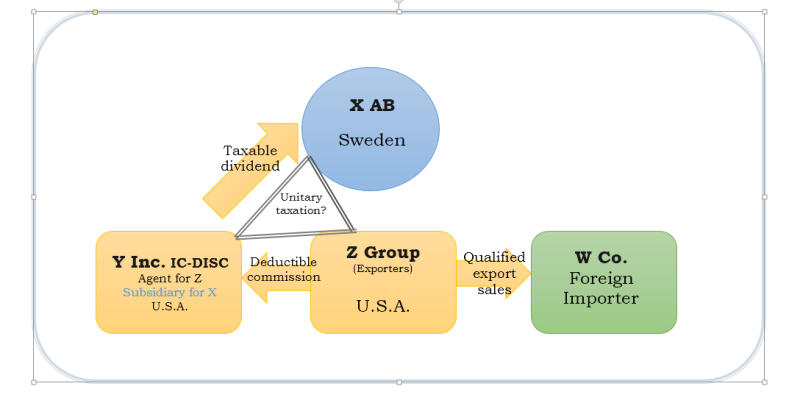Could I Please Get a Fiat for the Price of my Frappuccino?
Today the European Commission released its first set of decisions on corporate tax rulings, which it has investigated for over a year. Starbucks Manufacturing EMEA and Fiat Finance and Trade were the first test cases where final decisions have been issued. At this point in time, only press releases are available. Formal decisions will be…

